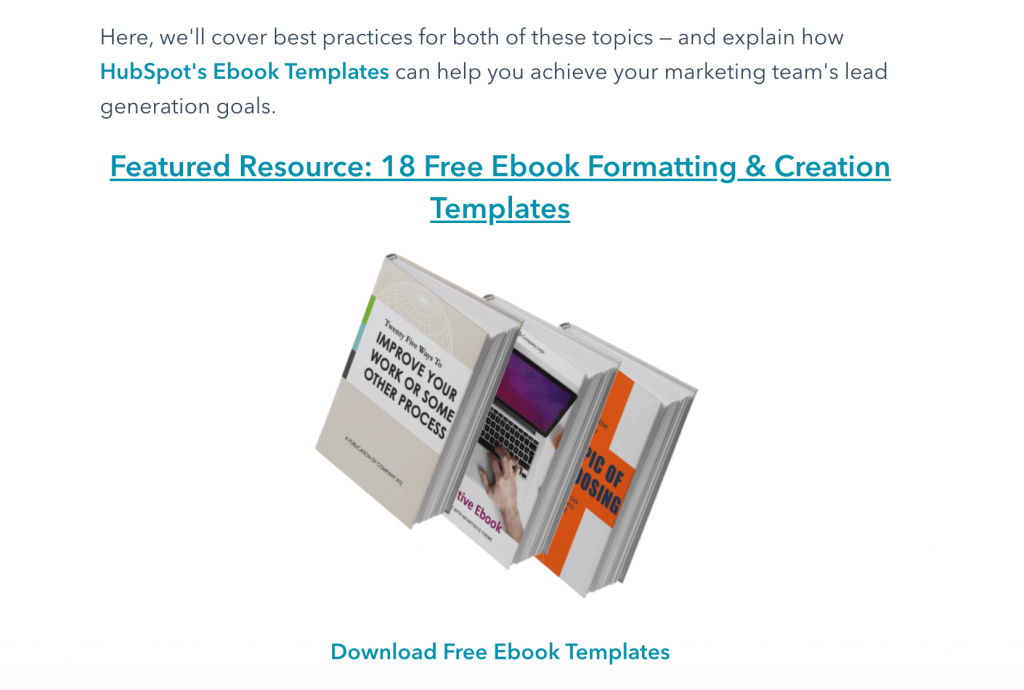What’s a Blog (& Why I’d Consider Starting One)

If you’re not sure what a blog is, you’ve definitely come across one at some point. Perhaps you’ve stumbled across a blog when you’ve searched “healthy dinner recipes.” Maybe you don’t know it, but you’re on a blog now.
I love blogging. I created my first blog in 2010 but stopped writing it just as I got my first-ever comment. Knowing what I know now, that was my biggest blogging mistake.
Now, I have my own blog — a blog about cycle touring. My blog has one goal: to help people get into cycle touring and travel the world. It’s what you’d call an affiliate blog.
I also write blogs for HubSpot, and as an SEO I work with businesses on their blog strategy to generate traffic and leads for their website.
One of my clients generates 64% of their traffic via the blog. Thanks to analytics, we also know that $30,000 to $50,000 per month is generated from people who also viewed the blog.
A blog is not just a page you stumble across, and it’s not reserved for personal anecdotes; a blog can help you develop an online presence, prove yourself an expert in an industry, and attract more quality leads to all pages of your site.
I’m not the only one to think so — 76% of B2B marketers rate blogs as an effective tool for lead generation.
Professional blogs are sometimes called “news” or “knowledge centers” or “articles.” Many of these are, at their core, blogs.
If you’re contemplating creating a blog for your business or want to know what one is, keep reading.
Table of Contents
A brief history — in 1994, Swarthmore College student Justin Hall is credited with the creation of the first blog, Links.net. At the time, however, it wasn’t considered a blog … just a personal homepage.
In 1997, Jorn Barger, blogger for Robot Wisdom, coined the term “weblog,” which was meant to describe his process for “logging the web” as he surfed the internet. The term “weblog” was shortened to “blog” in 1999 by programmer Peter Merholz.
In the early stages, a blog was a personal web log or journal in which someone could share information or their opinion on a variety of topics. The information was posted reverse chronologically, so the most recent post would appear first.
Nowadays, a blog is a regularly updated website or web page, and can either be used for personal use or to fulfill a business need.
For instance, HubSpot blogs about various topics concerning marketing, sales, and service because HubSpot sells products related to those three subjects — so, more than likely, …read more
Source:: HubSpot Blog









